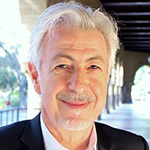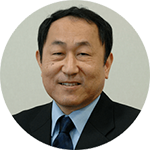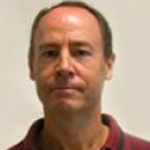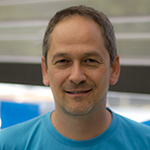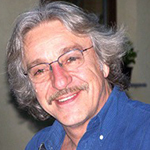ABOUT
In brief, this Workshop aims to become a source of inspiration for all those people interested in marine robotics from any research perspective. It is a half-day Workshop consisting of a combination of invited keynote talks, poster presentations, and a panel discussion.
While commercially available Autonomous Underwater Vehicles (AUVs) are routinely used in survey missions, a new set of applications exist which clearly demand intervention capabilities. The maintenance of permanent underwater observatories, submerged oil wells, cabled sensor networks, pipes and the deployment and recovery of benthic stations are but a few of them. Nowadays, these tasks are addressed using manned submersibles or work-class ROVs (Remotely Operated Vehicles), equipped with teleoperated arms.
Current Intervention-AUVs (I-AUVs) prototypes are usually big and complex systems exhibiting only a limited set of functionalities including docking and fixed based manipulation on a subsea panel, as well as search and recovery of simple objects. On the other hand, as in the case of human manipulation, more sophisticated applications, like transporting and manipulating bulky objects, or assembling complex structures underwater, would require several I-AUVs working cooperatively.
Underlying the main drawbacks found in these aforementioned systems are the current technology limitations in several domains like wireless communications, human-robot interaction, multisensory based manipulation, power supply, mechatronics, networking, cooperative robots, to mention but a few. Moreover, if we are looking for new autonomy levels is clear that cognition developments will be also a cornerstone, trying to replace dexterities associated with the human expert on the intervention domain by means of Artificial Intelligence (AI) procedures.
From a historical viewpoint, this Workshop represents an update of a previous one organized in IROS 2011 edition (S. Francisco, CA), entitled “First Workshop on Autonomous Underwater Robotics for Intervention” (organized by Jun‐Ku Yuh, Giuseppe Casalino and Alessio Turetta). Where a lot of the same speakers (from 2011) will be here highlighting their recent achievements in this very dynamic context.
Topics of interest
Autonomous underwater vehicles for Intervention (I-AUV’s)
Autonomous Underwater Vehicles (AUV’s)
Remotely Operated Vehicles (ROV’s)
Field Robotics
Multisensory based manipulation algorithms
Localization
Guidance, navigation and control
Cooperative control architectures
Acoustic/optical image processing algorithms
Multimodal map building algorithms
SLAM techniques
Underwater mechatronics
Human-Robot Interaction (HRI)
Underwater Simulators
Underwater Wireless Communication
Networked Robots
Deep Learning
SPEAKERS
Director of the Computer Vision and Robotics Research Institute, Universitat de Girona, SPAIN

